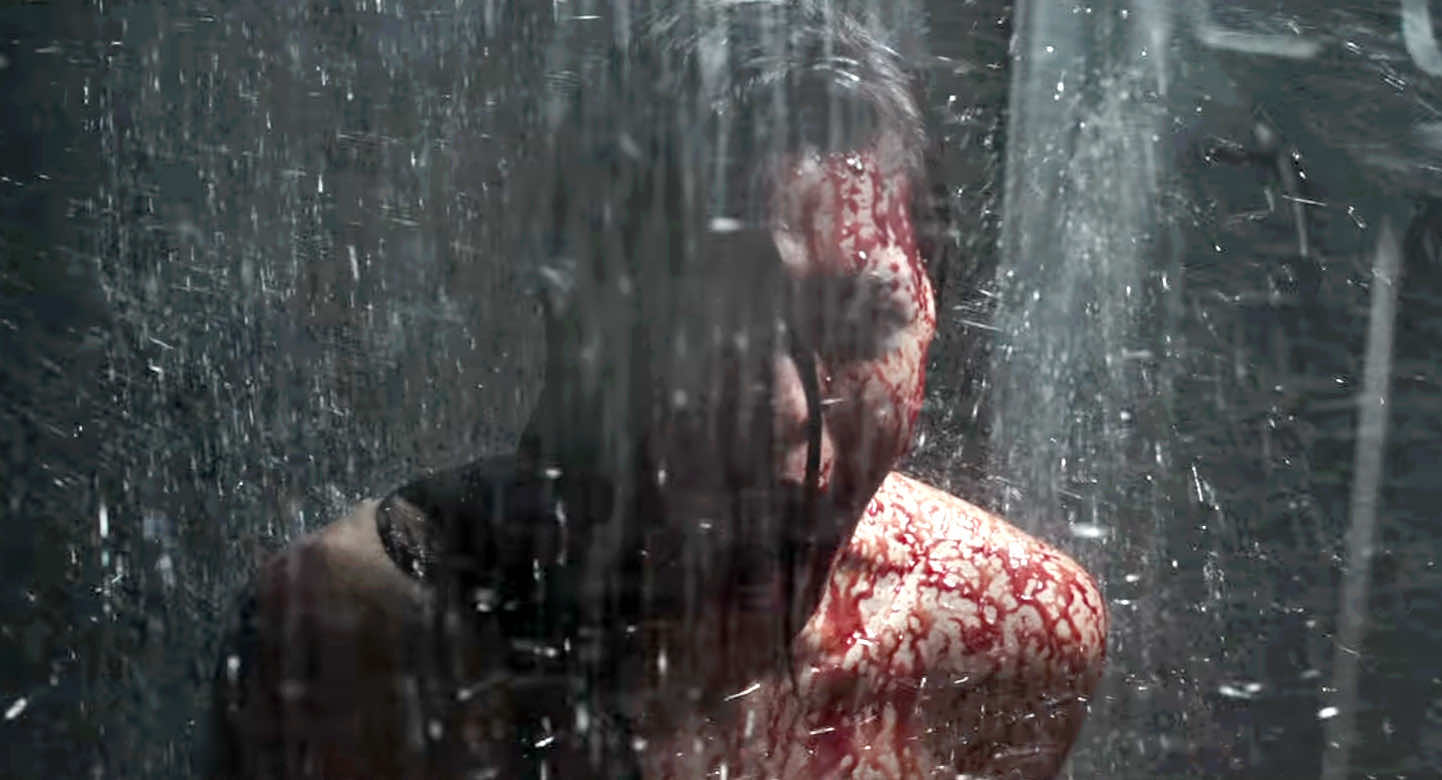
When you consider the ending of Thelma and Louise (1991), the merciless violence of Black Hawk Down (2001) and the vicious comeuppance in The Counsellor (2013), you can’t help but notice a rather consistent mean streak to director Ridley Scott. The latest effort in his reclamation of the Alien movies, Alien: Covenant brings home this filmmaker’s ferocity with a plainspoken quality. It strips away any of the subtlety of his previous films, including his too often and unfairly maligned prior Alien prequel, Prometheus (2012). This is a monster movie that captures the frailty of humanity, both visceral and emotional, while providing an origin story to the xenomorph that started it all in Scott’s first Alien flick in 1979.
Happy couples on a mission to colonize a planet with a sleeping cargo of 2,000 more souls and a bonus supply of 1,000 embryos are gradually torn asunder as brutish beasties pounce from the shadows. It all begins with a random space anomaly that turns one crew member to barbecue before the very eyes of his lover, the crew’s second in command Daniels, a pale skinned brunette played by a wonderful Katherine Waterston not too unlike the series’ first heroine Ripley. The film continues with couples expressing their affections, splitting up, dying, mourning and feeding off a reckless energy to carry on yet still meet their demise. There’s even — how progressive — a same-sex couple that doesn’t fair any better.
This is a movie driven by a sort of weird callousness toward humanity to fuel what most viewers want from a horror movie: lots of vicious death scenes. Scott delivers. It’s a film driven by jump scares and dramatic irony. After all, the audience this panders to is familiar with what’s in those giant fleshy eggs, but has there ever been a character who has peered into that pink abyss to tell what they have seen? There’s also one final confrontation that holds onto tension in a manner that isn’t seen earlier in the film.
It’s far from the cerebral script by Damon Lindelof and Jon Spaihts that drove Prometheus, weighted by a desire to explain the origins of man and got so many mixed reviews. Scott is now working with a screenplay that came together from the minds of Jack Paglen, Michael Green, John Logan and Dante Harper whose combined credits included films like Transcendence, superhero movies and the upcoming Godzilla vs. King Kong movie. It’s almost as no-nonsense as Dan O’Bannon’s original Alien script, spiced up with some weirdness straight out of 1997’s Alien Resurrection, still the oddest and shamefully least appreciated of all the Alien movies. That one happened to have been directed by French filmmaker Jean-Pierre Jeunet and written by Joss Whedon.

Alien will forever be the better film, however, because of its mystery and an originality by its own essence that will inevitably be impossible to surpass, so comparisons are moot. Everything else is a trope or a heavy-handed decision to make something different though comfortably familiar. That said, Alien: Covenant embraces that notion with an added bit of viciousness. Though we all understand and can see these character’s mistakes before they make them, Scott does nothing to show he isn’t aware of this. The 79-year-old director is sharing that omniscience with the audience with an abandon that speaks to a sort of awareness of his own mortality.
I would never go as far as calling Scott misanthropic. This is rather a man, who happens to be on his third marriage to a woman nearly 20 years his younger after two prior divorces, who seems to have embraced the dynamism of life in the face of institutionalized behavior to procreate and exist when maybe there is something of humanity’s own creation perched to usurp it all. He’s a sly filmmaker who channels modern dread into a ferocity that, at the very least, makes horror movies compellingly entertaining. It’s a grin into the double fanged darkness of death’s maw, and it’s worth the trip.
Alien: Covenant runs 122 minutes and is rated R. It opens wide in our South Florida area Friday, May 19. For screenings in other parts of the U.S., visit this link. Twentieth Century Fox Film Corporation invited us to a preview screening for the purpose of this review.









